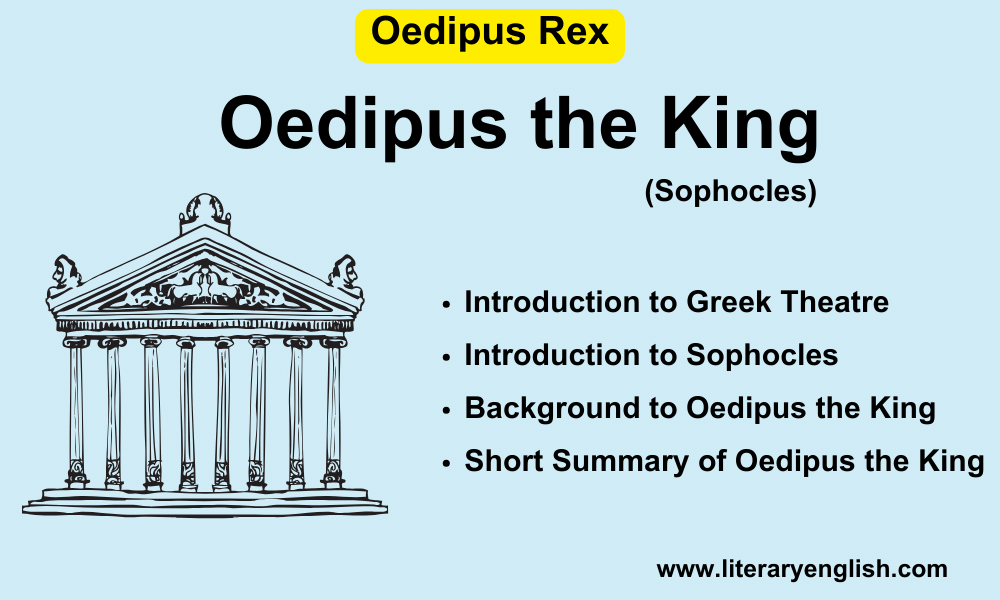Introduction to Greek Theatre
Greek theatre originated in the 6th century BCE in Athens and was an integral part of ancient Greek culture, particularly during festivals dedicated to the god Dionysus. These festivals, such as the Dionysia, included performances of tragedies, comedies, and satyr plays, which were competitive events. The structure of Greek theatre was formal and highly stylized, with performances taking place in large, open-air amphitheaters. Theatres like the Theatre of Dionysus in Athens could accommodate thousands of spectators, who would gather to watch plays that explored complex themes such as fate, justice, and the gods’ influence on human affairs.
The actors in Greek theatre were all male, wearing masks that amplified their voices and depicted various characters, allowing them to play multiple roles. The chorus, a group of performers who sang and danced, played a significant role in Greek theatre, providing commentary on the action, reflecting the audience’s responses, and interacting with the characters. The use of the chorus, combined with the poetic nature of the dialogue, created a unique theatrical experience that emphasized the moral and philosophical questions at the heart of the plays. Greek theatre was not merely entertainment but a form of communal storytelling that engaged the audience in the civic, religious, and ethical issues of the time.
Introduction to Sophocles
Sophocles, born around 497/6 BCE in Colonus, a village near Athens, is one of the three great tragedians of ancient Greece, alongside Aeschylus and Euripides. Sophocles’ career spanned over six decades, during which he wrote more than 120 plays, though only seven have survived in complete form. His works are renowned for their complex characters, intricate plots, and exploration of profound themes such as human suffering, fate, and the divine order. Sophocles is credited with significant innovations in the structure of Greek drama, including the introduction of a third actor, which allowed for more complex interactions and deeper character development.
Sophocles’ most famous works include the Theban Plays: “Antigone,” “Oedipus Rex” (Oedipus the King), and “Oedipus at Colonus.” These plays are not a trilogy in the traditional sense but are linked by their focus on the royal family of Thebes and the tragic fate that befalls them. Sophocles’ ability to delve into the human psyche and present characters who grapple with ethical dilemmas and existential questions has ensured his enduring legacy in the canon of world literature. His mastery of dramatic tension and his insight into the human condition have made his works timeless, continuing to resonate with audiences and readers across the centuries.
Background to Oedipus the King
“Oedipus the King,” also known as “Oedipus Rex,” is a tragedy by Sophocles, believed to have been written around 429 BCE. The play is part of Sophocles’ Theban Cycle, which deals with the tragic fates of the royal family of Thebes. The story of Oedipus was well-known to ancient Greek audiences, drawn from the rich tapestry of Greek mythology. It centers on Oedipus, the King of Thebes, and his harrowing discovery that he has unwittingly fulfilled a prophecy that foretold he would kill his father and marry his mother. This tale of fate, free will, and the limits of human understanding reflects the Greeks’ fascination with the power of prophecy and the gods’ influence over mortal lives.
The backdrop of “Oedipus the King” is Thebes, a city beset by plague and suffering, which serves as a metaphor for the moral and spiritual corruption at the heart of the royal family. Sophocles uses this setting to explore themes of blindness and sight, knowledge and ignorance, and the inevitable nature of fate. The play is structured around Oedipus’ relentless quest for truth, his determination to save his city, and his ultimate, tragic realization of his own role in the calamities that have befallen Thebes. This timeless tragedy delves into the complexities of human nature, the interplay of fate and free will, and the consequences of human actions.
Short Summary of Oedipus the King
“Oedipus the King” opens with the city of Thebes in the grip of a devastating plague. Oedipus, the revered king, is determined to find the cause of the plague and save his people. He learns from the oracle at Delphi that the plague will end only when the murderer of the previous king, Laius, is brought to justice. Oedipus vows to find the murderer and curses him, unaware that he himself is the culprit. As the investigation unfolds, Oedipus interrogates various characters, including the blind prophet Tiresias, who reluctantly reveals that Oedipus is the murderer he seeks. Oedipus initially dismisses Tiresias’ accusations as lies, but as more evidence emerges, the horrific truth becomes undeniable.
In a series of dramatic revelations, Oedipus discovers that he is, in fact, the son of Laius and Jocasta, the very parents he sought to avoid by fleeing Corinth, where he was raised. The prophecy he tried to escape has come true: he has killed his father and married his mother. Jocasta, upon realizing the truth, hangs herself in despair. Oedipus, devastated by the revelations and Jocasta’s death, blinds himself with her brooches as a form of self-punishment. He begs to be exiled from Thebes, leaving his daughters to face the future without him. The play ends with Oedipus accepting his fate, a tragic hero brought low by his own actions and the inexorable will of the gods.
